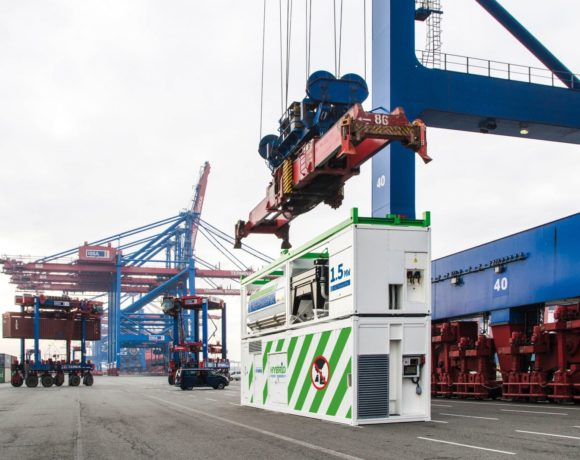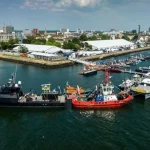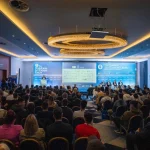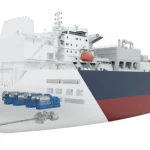Enforcement of Emission Reduction Rules Will Start at Major Ports in China
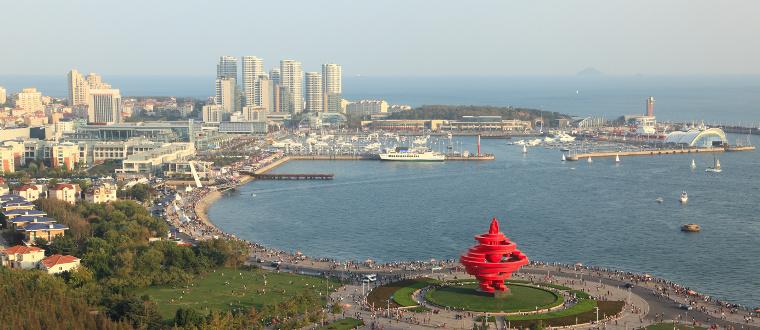
All major Chinese ports are now required to follow imposed emission reduction rules, especially in emission-controlled areas in China. The move was made to reduce ship-generated air pollution, but certain problems have now made itself known.
Last year, three emission-controlled areas were established in China – the Yangtze River delta, Bohai Bay, and the Pearl River Delta. All vessels entering or operating within these parts are subject to the new regulations which specify that they must use fuel with low-sulfur content while berthed at major ports found within the specified areas.
Come 31 December 2019, an assessment will be carried out to determine if the rules will be amended to adopt one or more options, such as to reduce the maximum sulfur content to 0.1%, expand the size of the emission control areas, and to take into account any other initiatives.
As early as now, however, potential problems are being discovered, especially in the area of financial cost. Low-sulfur fuel is expensive, and refineries may fail to meet demand, resulting in increased operating cost of container lines, which are likely to be passed on to shippers. This is foreseen to generate enormous financial losses, given that shipping lines are often in overcapacity.
Ship owners have been given an opportunity to prepare for when the new rule becomes mandatory and fully enforced. But the lead time is insufficient. In the wake of alarming pollution levels, however, it is expected that law enforcement will step up this year.
Based on the timetable issued by the Ministry of Transport, since January 1 ships at berth in the core ports of Bohai Bay – Tianjin, Qinhuangdao, Tangshan and Huanghua; in the Pearl River Delta – Shenzhen, Guangzhou, and Zhuhai, with the exception Hong Kong; and in the Yangtze River Delta – Shanghai, Ningbo, Zhoushan, Suzhou and Nantong, must burn fuel with a sulfur content of 0.5% or less for the majority of its berthing period. The only exception is 1 hour after a ship is docked and one hour before it departs.
Failure to do so would result in fines that, under the Law of Prevention of Air Pollution of the People’s Republic of China, will cost a ship owner between $1,500 and $15,000.
Under the Regulation of Prevention and Control of Marine Pollution Act, ships are also required to provide a sample of fuel for one year and keep bunker delivery documents on board for three years. Ships in breach of the rules will be fined up to $1,500.
How is sulfur content in fuel verified?
Checks will be done on fuel change over procedures, a sample of fuel oil and its quality, bunker delivery notes, and engine room logbook records.
The success of the new regulations is dependent on the support of the national oil companies, according to Richard Brubaker, the China Europe International Business School’s adjunct professor of management, sustainability, and responsible leadership.
“If they aren’t, or if this regulation will reduce their margins, there is a greater risk that business continues as usual.”


